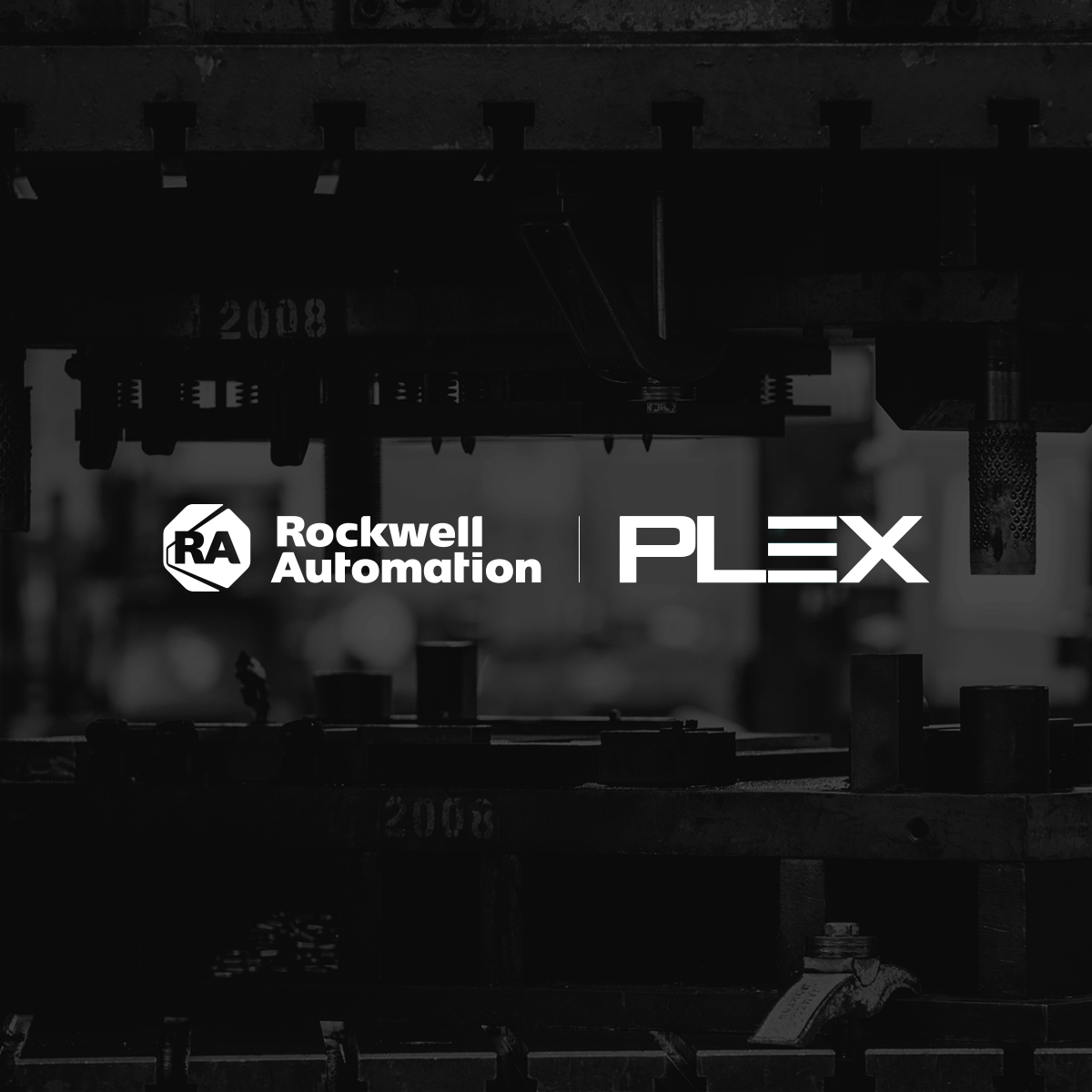Introduction
India’s logistics sector usually referred to as the spine of the economic system, is altering in large methods. Prior to now, it struggled with gradual processes, delays, and scattered operations. Now, it’s shifting in the direction of a future powered by prompt knowledge clean connections, and clear digital methods. The Indian authorities’s give attention to digital instruments is driving this modification. This shift helps items transfer extra rushing up customs checks, and letting individuals make smarter selections throughout the entire provide chain.
The Basis
PM Gati Shakti and ULIP PM Gati Shakti – Nationwide Grasp Plan launched in October 2021, varieties the idea for the digital shift in India’s logistics system. This large infrastructure plan goals to convey 16 ministries to a single digital platform. This permits for joined-up planning and teamwork in finishing up infrastructure tasks that join totally different components of the nation. The Unified Logistics Interface Platform (ULIP) took place below this plan. It breaks down obstacles in logistics knowledge, helps transport throughout totally different modes, and helps to see operations extra . ULIP serves as a digital doorway. It joins datasets from many authorities departments and personal events by means of protected APIs. This offers stakeholders the ability to make selections based mostly on real-time knowledge.
The Drive In direction of Digital-First Logistics
Seeing how digital methods can change provide chains, the federal government has began many tasks to construct fashionable logistics in India. The Unified Logistics Interface Platform (ULIP) created below the Nationwide Logistics Coverage, performs a vital function. It combines knowledge from totally different ministries, port authorities, and personal logistics firms giving a transparent view of the entire provide chain. Different tasks just like the e-Approach Invoice system, RFID-based FASTag, and digital rail freight administration methods have already made a distinction. They’ve lower down journey occasions, stopped theft, and made following guidelines simpler.
Driving Effectivity By Interoperability
Maybe the best single logistical problem all through historical past has been the remoted nature of operations and the information sharing insurance policies, or lack thereof, between stakeholders. Digitalisation is addressing this problem by selling interoperability each between transport modalities and amongst personal and public gamers. ULIP, for instance, allows suppliers, fleet homeowners and shippers to entry actual time multimodal logistics data by means of safe APIs, enhancing planning and lowering idle time. This development additionally lowers the general prices of logistics.
Decreasing Paperwork and Growing Transparency
Historically, customs clearance in addition to cross-border logistics have been extraordinarily paper-intensive. Technological advances are actually enabling time-saving measures resembling automated doc submission, digital signatures, and consolidated customs portals. This results in much less human interplay, quicker clearances, and improved commerce belief.
Furthermore, digital frameworks are aiding small to medium-sized logistics corporations – beforehand un digitized – with the nationwide community entry, cargo monitoring, and aggressive service provisions with out having large infrastructural expenditure.
Why the Non-public-Public Partnerships Matter Most
The usage of applied sciences in logistics can’t be solely the burden on the shoulders of presidency. For one thing to be created, there ought to exist an surroundings consisting of personal companies, rising companies, and different tech firms. The open-architecture insurance policies regarding ULIP adopted by the federal government is a proof of the integrative spirit mannequin because it permits interfacing by standardized APIs. Companies are actually including performance to authorities infrastructure methods by addressing value-add challenges presenting on governments infrastructure methods dashboards, predictive analytics, visibility measures, and dealing with their infrastructures.
Remaining Challenges
Whereas the progress is promising, we nonetheless face quite a lot of challenges forward together with knowledge standardization, digital literacy amongst smaller gamers, and infrastructure in distant areas. We might want to keep watch over cybersecurity and knowledge privateness as extra gamers plug into shared platforms.
Conclusion – Ahead Considering: Digital-First Logistics
Future The pathway to a digitally empowered logistics business is underway, and we are able to see the preliminary advantages. With sustained authorities initiative, and business cooperation, India is on the trail to creating a not simply an environment friendly logistics sector, however a globally aggressive logistics system. The longer term can contain elevated entry to digital applied sciences, creation of latest services and products, and making certain that everybody alongside the best way from port operator to truck driver, to warehouse clerk realizes its advantages.
Firm Profile: NICDC Logistics Knowledge Companies Ltd. (NLDSL)
Empowering India’s Logistics By Digital Innovation
Overview
Established on December 30, 2015, NICDC Logistics Knowledge Companies Ltd. (NLDSL) is a three way partnership between the Authorities of India, represented by the Nationwide Industrial Hall Improvement and Implementation Belief (NICDIT), and Japanese IT main NEC Company, with equal fairness participation. NLDSL goals to boost effectivity, transparency, and digitization inside India’s logistics sector by leveraging superior Info and Communication Know-how (ICT) options.
Flagship Initiatives
- Logistics Knowledge Financial institution (LDB): A pioneering single-window platform offering close to real-time visibility and monitoring of 100% Export-Import (EXIM) containers throughout India. LDB integrates knowledge from varied stakeholders to supply complete analytics, aiding in lowering dwell time and enhancing provide chain effectivity. As of October 2024, LDB has efficiently tracked over 75 million EXIM containers.
- Unified Logistics Interface Platform (ULIP): An initiative below the Nationwide Logistics Coverage, ULIP goals to digitize India’s logistics provide chain by integrating varied digital methods throughout ministries and departments. This platform facilitates seamless knowledge alternate, enhancing operational effectivity and lowering logistics prices.
Key Achievements
- Operational protection throughout 18 ports, 30 port terminals, 435+ Container Freight Stations (CFSs), Inland Container Depots (ICDs), and 88 Particular Financial Zones (SEZs) in India.
- Integration with 183 toll plazas and three Built-in Verify Posts (ICPs), offering complete monitoring capabilities.
- Contributed to India’s enchancment within the World Financial institution’s Logistics Efficiency Index, with the nation’s rating shifting from 44 in 2018 to 38 in 2023.
Management
NLDSL is led by Chairman Shri Rajat Kumar Saini, who additionally serves because the CEO & MD of NICDC. Beneath his management, the corporate has been instrumental in driving digital transformation inside India’s logistics sector.
Contact Info


